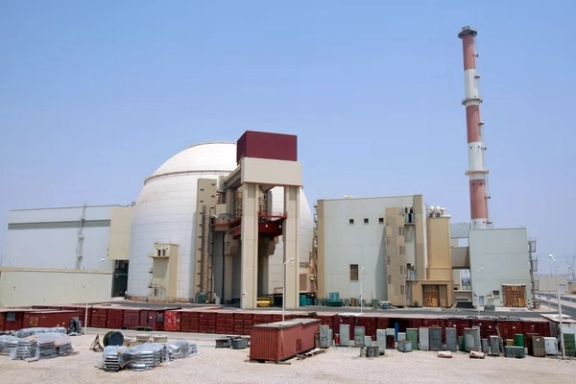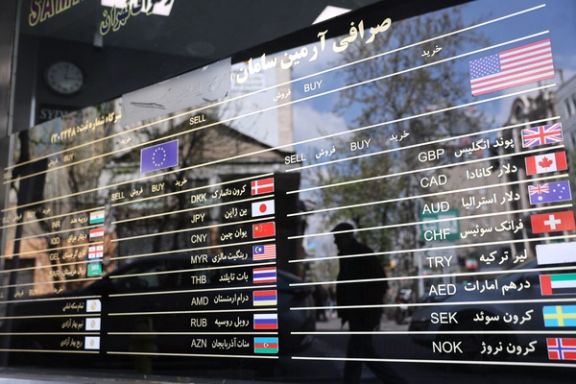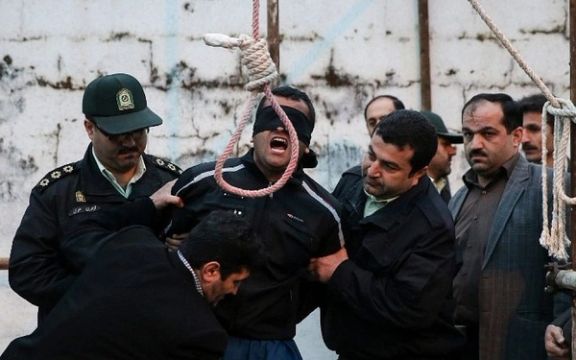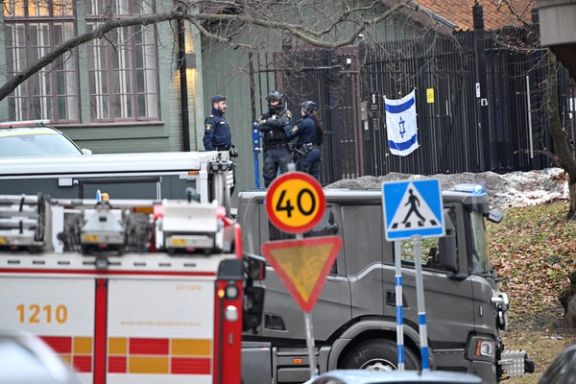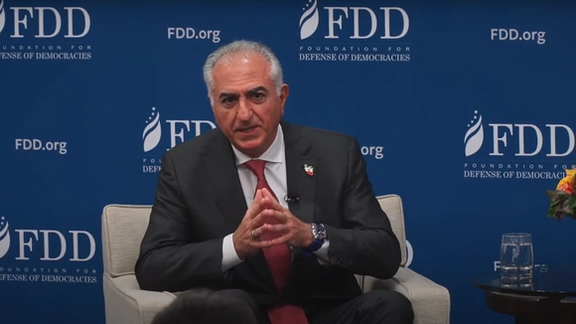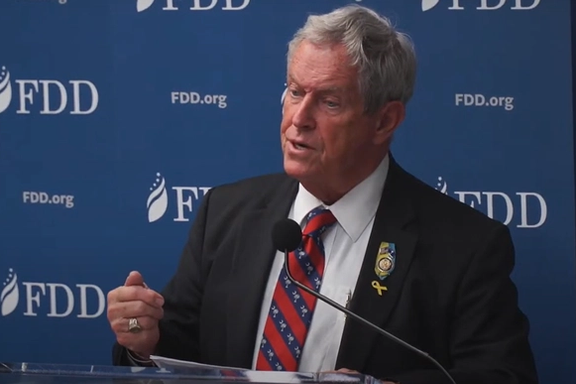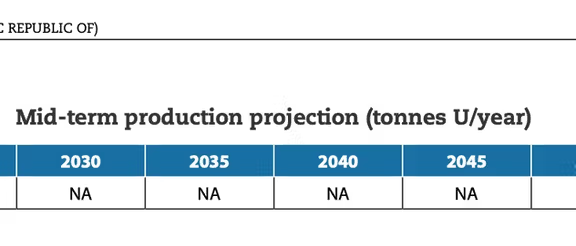Messages such as "we need loads of shooters, jobs in all of Sweden", "shooter needed for Denmark shoot to the head" and offers of "$150,000" are among the trove of discussions uncovered by CNN.
The investigation, alongside the Swedish Security Service (SÄPO), revealed plots including murder and a terror attack on the Israeli embassy in Stockholm.
It also reported that a shooting at the Israeli embassy last year was carried out by a boy of just 14, armed with a 9mm semi-automatic pistol, shooting several shots towards the embassy before being detained.
Taking advantage of legal loopholes, targeting such young teens under 18 years old means the youth are unlikely to serve time.
The 14-year-old in question was not prosecuted because he was under-age. Another 15-year-old involved in the operation was convicted of a serious weapons offense and ordered to spend 11 months in a juvenile care home.
Speaking to CNN, the SÄPO said the attempted attacks were among several last year targeting the Israeli embassy in Stockholm by gangs acting on behalf of Iran.
Social media has been manipulated in the process of recruitment as children are easily accessible across a range of platforms.
Last year, two rival Swedish gangs, Foxtrot and Rumba, plotted several attacks targeting the Israeli embassy in Stockholm on behalf of Iran.
Fredrik Hallström, head of operations at SÄPO, told CNN, “It becomes a problem for us when it's another state like Iran that uses these kids as a proxy ... Organized crime in Sweden right now is a huge vulnerability that is being used by state actors."
He said it has stepped up in the wake of the Gaza war, sparked by the Iran-backed Hamas invasion of Israel, which later saw Iran's allies in Yemen, Syria, Lebanon and Iraq launch attacks on the Jewish state in allegiance with the group designated a terrorist organization by countries such as the UK and US.
“After the 7th of October, we saw this type of modus operandi,” Hallström added.
On Sunday, Israel's Minister of Defense, Israel Katz, revealed documents showing that back in 2021, Hamas had requested Iranian funding for the attack which would transpire on October 7, 2023, killing 1,200 Israelis and seeing over 250 more taken hostage.
A transcript of conversations found in the tunnels of senior Hamas figures in Gaza, he said proves a direct connection between Iran and assassinated Hamas leader Yahya Sinwar and his assassinated military leader Muhammad Deif, as part of Iran's support for Hamas' plan to destroy Israel.
"In the document, they demand that the commander of the Quds Force of the Revolutionary Guards transfer $500 million for the destruction of the State of Israel," he said.
"The head of the Palestinian branch of the Revolutionary Guards, Izadi, accepted the request and replied that Iran – despite its difficult economic situation – and the plight of the Iranian population, will continue to Money for Hamas, because the struggle against Israel and the US is the top priority of the Iranian regime."
In the year before the Gaza war, Israel's chief of Mossad, David Barnea, said 27 Iran-backed plots had been foiled in Europe, Africa, the Far East and South America.
But this has ramped up since the Gaza war, dozens foiled globally, in addition to plots foiled inside the Jewish state, including an attempted attack on the Israeli embassy in Azerbaijan and most recently, the attempted murder of a rabbi in Azerbaijan
Ahead of the Jewish holiday of passover next week, Israel's National Security Council has warned the Israeli public to remain vigilant when traveling abroad amid concerns that Iran, Hamas, Hezbollah and global Jihadist groups will continue to actively advance attacks against Jews and Israelis worldwide.
It named Iran as "the main instigator of global terrorism against Israeli and Jewish targets around the world, both directly and through its proxies."
